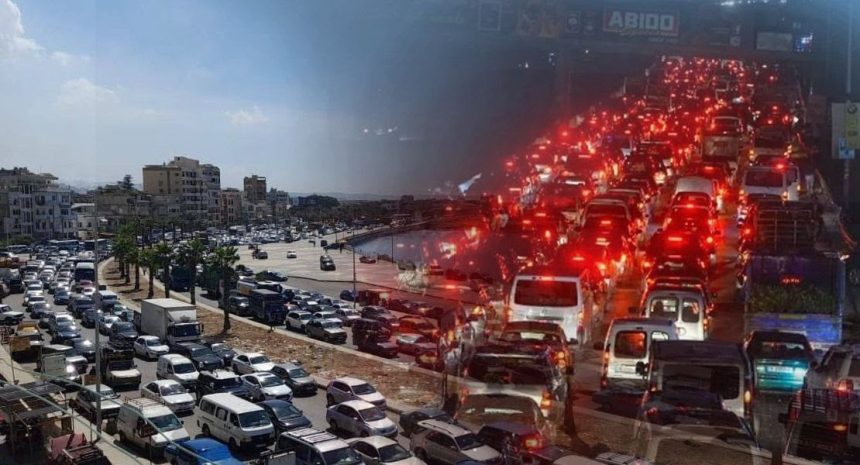The conflict between Hezbollah and Israel took a wild turn in mid-September when pagers and walkie-talkies began exploding. These unexpected attacks ushered in an era of unprecedented intensity. By the close of the month, over a million residents had fled from southern Lebanon, the Bekaa Valley, and Beirut’s southern suburbs amid growing fears for their safety. This escalation has plunged Lebanon into what is now broadly recognized as a full-scale war, adding yet another chapter to the nation’s troubled history of instability.
Essential Goods in Crisis: The Shadow of Price Controls and Subsidies
As Lebanon reels from the impact of this war, demand has soared for essential goods, including food, medicine, and fuel. Yet, strikingly, these necessities remain available despite the war. LIMS contrasts this current accessibility with the period from 2021 to 2023, when the Central Bank’s Subsidy Program (CBSP) imposed heavy-handed price controls and subsidies on basic goods. Under CBSP, long, grueling queues stretched across cities and towns as people waited for hours, for essentials they might not even secure. Shelves were stripped bare in all stores, families struggled to access necessities, with many forced to go without medications or basic provisions. In the present conflict, LIMS argues, rather than resorting to controls or subsidies, Lebanon’s government should prioritize the facilitation of trade, reducing customs fees and simplifying import procedures. This approach aims to keep goods accessible, avoiding the policy missteps that led to past shortages.
Telecommunications Risks Demand Immediate Action
As the war escalates, Lebanon’s reliance on its vulnerable communications infrastructure could soon pose a critical risk, leaving the country at risk of isolation should networks suffer damage. LIMS has called attention to this growing vulnerability, advocating for the inclusion of Starlink—a satellite-based internet service with global reach—as an essential safeguard in Lebanon’s emergency response plan.
LIMS argues that the Ministry of Telecommunications has upheld barriers to protect Ogero, the state-owned telecom provider, leaving the population at heightened risk. This policy limits essential alternatives for businesses, emergency services, and individuals who rely on telecommunications for daily activities—and, in some cases, their survival. While the Starlink does not directly compete with Ogero’s less costly fiber-optic solutions, it offers rapid deployment and operates independently of ground-based infrastructure, giving Lebanon a crucial diversification option. Should the country’s communication networks be compromised, satellite connectivity could serve as an essential backup, strengthening Lebanon’s connectivity but also insulating the country from monopolistic inefficiencies.
- Five Years Since The Economic Collapse And Solutions Are Missing, September 14, 2024: Al Yawm, Video Interview AR
- Rising Prices: Another War Faced By Lebanese People… What About The Scenarios For Confrontation? September 30, 2024: Bekaa News Network, Article AR
- The ‘Starlink’ Proposal Ensures The Necessary Decentralization And Prevents Lebanon From Becoming A Digital Island, September 26, 2024: Beirut 24, Article AR

